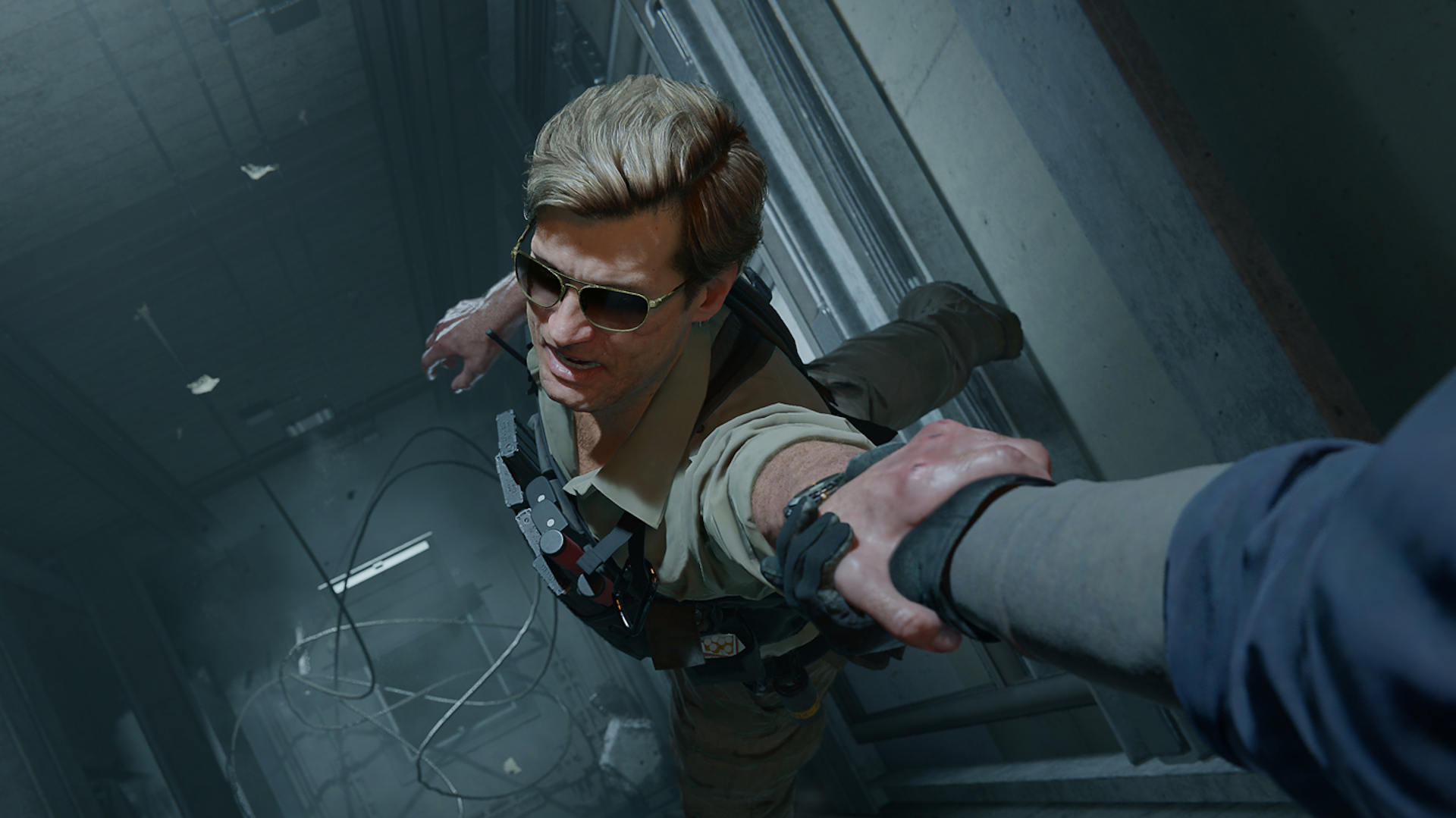I made my peace with cheaters a long time ago. The more you play a multiplayer game, and the better you get at it, the more likely you are to run into losers who paid $30 to cheat at a videogame. Call of Duty’s dedicated Ricochet anti-cheat team knows it can’t stamp out cheaters entirely in an FPS that’s constantly changing, but it has set an ambitious new goal for itself as Black Ops 6’s release looms: “We want to catch and remove cheaters within one hour of them being in their first match.”
An ambitious target, but not an impossible figure, according to Activision‘s latest Ricochet progress report. The team has a pile of anticheat updates in the pipeline to supe up its efforts, including:
- An updated version of the kernel-level driver. Note: All features in the October 25 update will protect any title that uses the driver, including Call of Duty®: Warzone™.
- All mitigations, including Damage Shield, Disarm, Splat, Hallucination, and others will be live.
- New machine-learning behavioral systems, focused on speed of detection.
- New machine-learning detection models to analyze gameplay to combat aim bots.
- Upgrades when Ranked Play launches, which include continuous examinations to determine if leaderboard placements are accurate. More on Ranked Play updates in a future blog closer to the mode’s launch.
- For Call of Duty: Warzone specifically, we’ve deployed new mitigations to interrupt cheaters. Stay tuned for a future report to learn about those new tricks.
September’s Black Ops 6 beta was apparently an important step in Ricochet getting its foothold in the new game. During the first weekend of the beta, detected cheaters were able to play an average of 10 matches before being removed. The second weekend was a lot faster.
“After tweaking our systems and deploying new detection methods for Weekend Two, we cut that time in half to five matches,” the report reads. “That timing achieved our Time to Action goal. In fact, 25% of all Weekend Two bans happened during the first match a cheater ever played.”
In total, 12,000 accounts were banned during the beta. Not too shabby, though it’s important to note that, by nature, these figures only account for the cheaters that Ricochet did eventually catch. It’s safe to assume there are some ne’er-do-wells out there who’ve evaded Ricochet for longer, but you can’t count cheaters that you aren’t positive exist. Activision also took some time to talk about cheat makers themselves, pushing back against the assumption that hackers are a bunch of random amateurs, but still making it clear that they’re losers.

“The people behind cheats are organized, illegal groups that pick apart every piece of data within our games to look for some way to make cheating possible. These bad guys are not just some script kiddies poking around with code they found online. They are a collective who profit from exploiting the hard work of game developers across the industry.
“But cheat developers are flawed (clearly – they have to pretend to be good at video games). Every time they cheat, they leave breadcrumbs behind.”
To a degree, the fight against cheating is as much about image as it is technology. Call of Duty (and all other competitive games, for that matter) are fighting two different battles: a technological grudge match, and a fight against the perception that the game’s competitive integrity is compromised. That second battle is why Ricochet makes a show out of tormenting cheaters before they’re banned by taking away their guns, cutting their parachutes mid-flight, or making them blind to other players—morale boosters justified by the opportunity to study the enemy.
You won’t find a popular shooter that isn’t lambasted by fans for not doing enough to stop cheaters, but graded on a scale, I think Call of Duty does a decent job.
Source link











Add comment